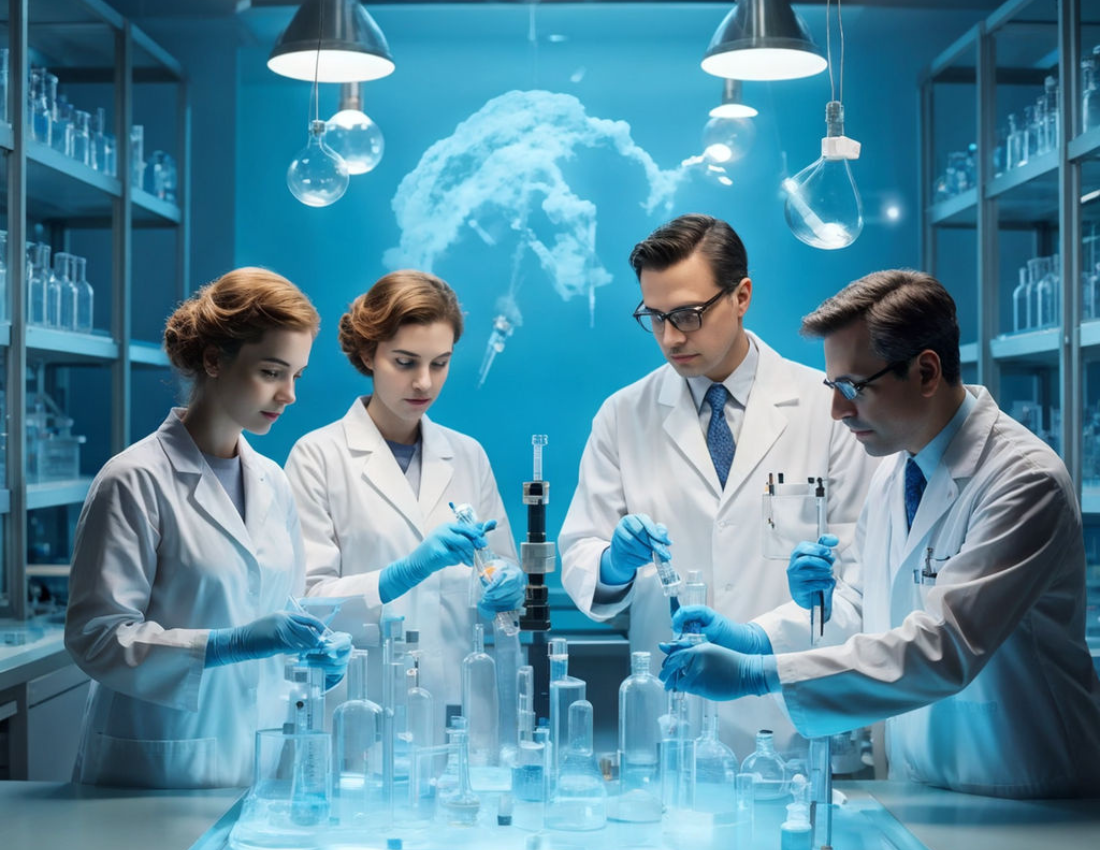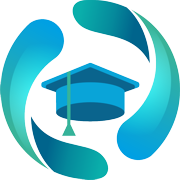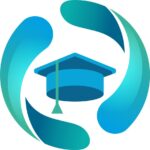
Biomedical Science
About Course
Overview
The Biomedical Science course is designed to provide students with a thorough understanding of the biological and medical sciences, preparing them for careers in healthcare, research, and related fields. This program covers essential areas such as human anatomy, physiology, molecular biology, pathology, and medical microbiology. Through a combination of theoretical learning and practical laboratory experience, students will gain the skills and knowledge necessary to contribute to advancements in medical science and healthcare.
Course Objectives
Human Biology:
Develop a comprehensive understanding of human anatomy, physiology, and cellular biology.
Molecular Biology:
Learn about the molecular mechanisms that underlie health and disease.
Pathology:
Understand the principles of pathology, including the study of disease processes and diagnostic techniques.
Medical Microbiology:
Gain insights into the role of microorganisms in health and disease, and learn techniques for identifying and controlling pathogens.
Laboratory Skills:
Acquire practical laboratory skills, including techniques in molecular biology, histology, and clinical biochemistry.
Research Methods:
Develop proficiency in scientific research methods, data analysis, and critical evaluation of scientific literature.
Clinical Applications:
Explore the application of biomedical science in diagnosing and treating diseases.
Professional Development:
Prepare for careers in biomedical science, healthcare, research, and related fields.
Key Topics
Human Anatomy and Physiology:
Study the structure and function of the human body, including major organ systems.
Cell Biology:
Learn about cell structure, function, and the molecular basis of cellular processes.
Genetics and Genomics:
Explore the principles of genetics, heredity, and the role of genomics in medicine.
Immunology:
Understand the immune system and its role in protecting the body from disease.
Biochemistry:
Study the chemical processes and substances that occur within living organisms.
Pathophysiology:
Learn about the physiological processes associated with disease states.
Medical Microbiology:
Gain knowledge of pathogenic microorganisms, their mechanisms of infection, and methods of control.
Pharmacology:
Explore the principles of drug action, pharmacokinetics, and pharmacodynamics.
Clinical Biochemistry:
Learn about the biochemical analysis of body fluids and the interpretation of laboratory results.
Research Projects:
Conduct independent research projects, utilizing laboratory techniques and data analysis.
Learning Outcomes
By the end of the course, students will:
Have a comprehensive understanding of the biological and medical sciences.
Be proficient in laboratory techniques and procedures used in biomedical research and diagnostics.
Understand the molecular and cellular mechanisms of health and disease.
Be capable of conducting independent scientific research and analyzing data.
Have hands-on experience through laboratory work, internships, and practical assignments.
Be prepared for further studies or entry-level positions in biomedical science, healthcare, research, and related fields.
Who Should Enroll?
This course is ideal for:
Aspiring biomedical scientists, healthcare professionals, and researchers looking to develop their skills and knowledge.
Individuals interested in careers in medical research, diagnostics, clinical laboratories, and healthcare.
Professionals in related fields aiming to enhance their understanding of biomedical science and its applications.
Anyone passionate about medical science and eager to pursue a career in advancing healthcare and medical research.
Enrollment
Ready to take the next step in your career? Enroll in the Biomedical Science course today! Our enrollment process is designed to be straightforward and supportive. To begin, please contact one of our agents. They will guide you through the enrollment procedures and help you find the university program that best fits your career goals and interests.

